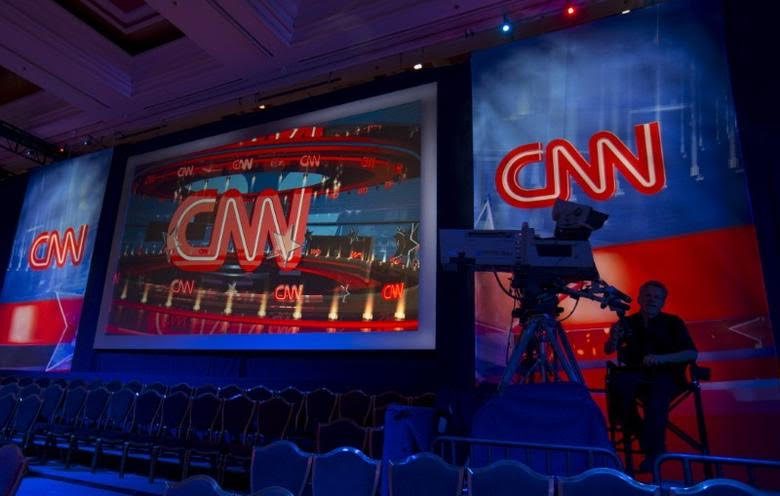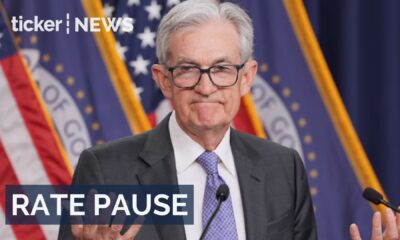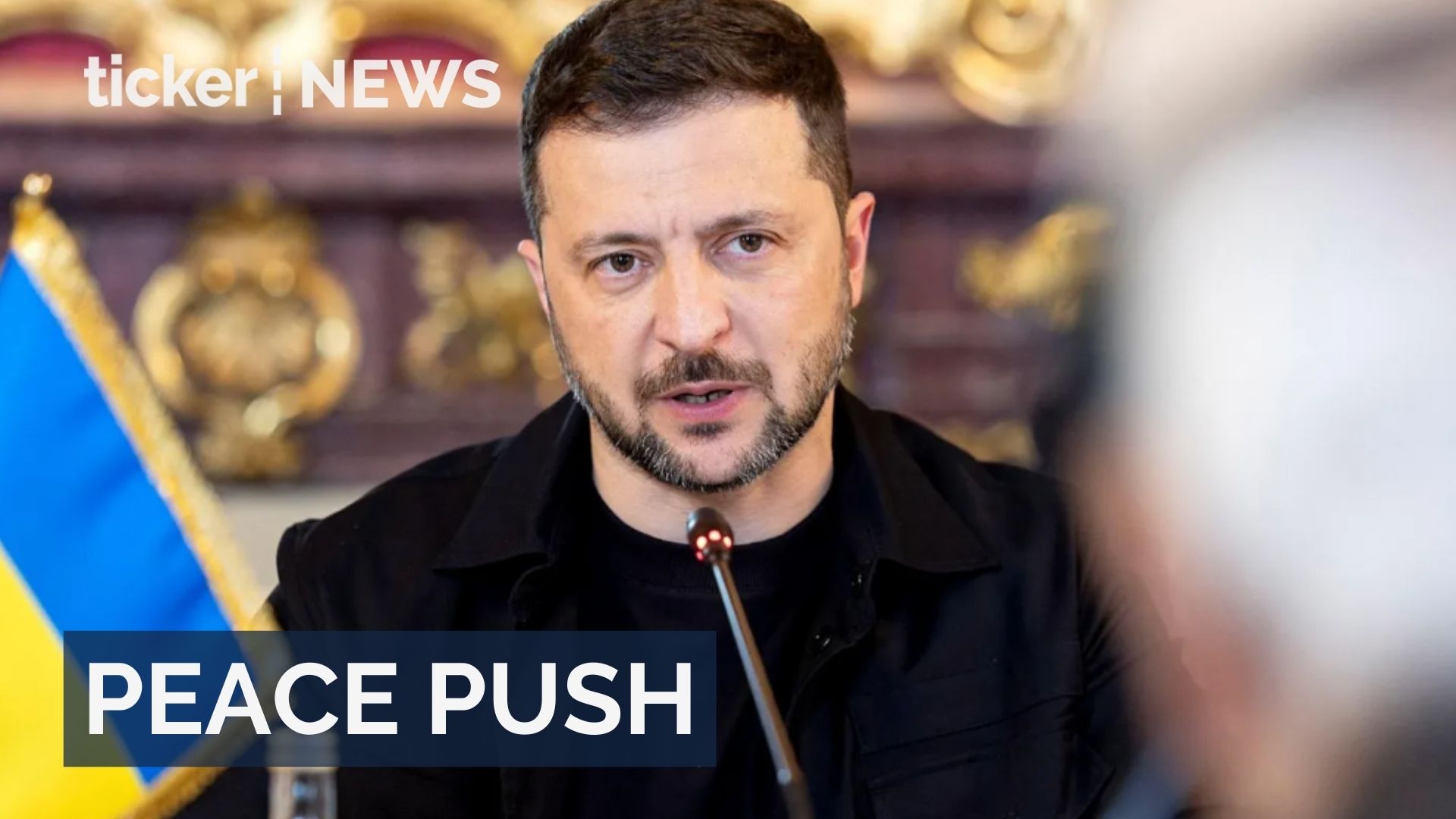Is the legacy broadcast TV industry dying?

Ticker Views
UK Prime Minister visits Beijing after eight years to boost trade and security
UK PM visits Beijing to strengthen trade and tackle security issues; insights from Professor Tim Harcourt on Brexit’s impact.
Politics
Liberal Party turmoil sparks coalition decline and One Nation surge
The Liberal Party faces internal crisis as One Nation gains support; political experts discuss implications and necessary reforms.
News
Ukraine and Russia set for U.S.-brokered peace talks in Abu Dhabi
-



 Ticker Views4 days ago
Ticker Views4 days agoHow Iran is powering Russia’s next generation drone war
-



 News3 days ago
News3 days agoBig Tech earnings spark investor unease over AI spending
-



 Crypto4 days ago
Crypto4 days agoWhite House holds talks with crypto and banking executives on new rules
-



 Ticker Views4 days ago
Ticker Views4 days agoAustralia inflation, USD volatility and Fed dissent explained
-



 Money3 days ago
Money3 days agoU.S. dollar weakens while Australian dollar rises amid global market shifts
-



 News4 days ago
News4 days agoFederal Reserve holds interest rates amid economic uncertainty
-



 News4 days ago
News4 days agoTrump warns Iran as U.S. naval forces approach amid rising tensions
-



 News4 days ago
News4 days agoNicki Minaj says her loyalty to Trump will not change






